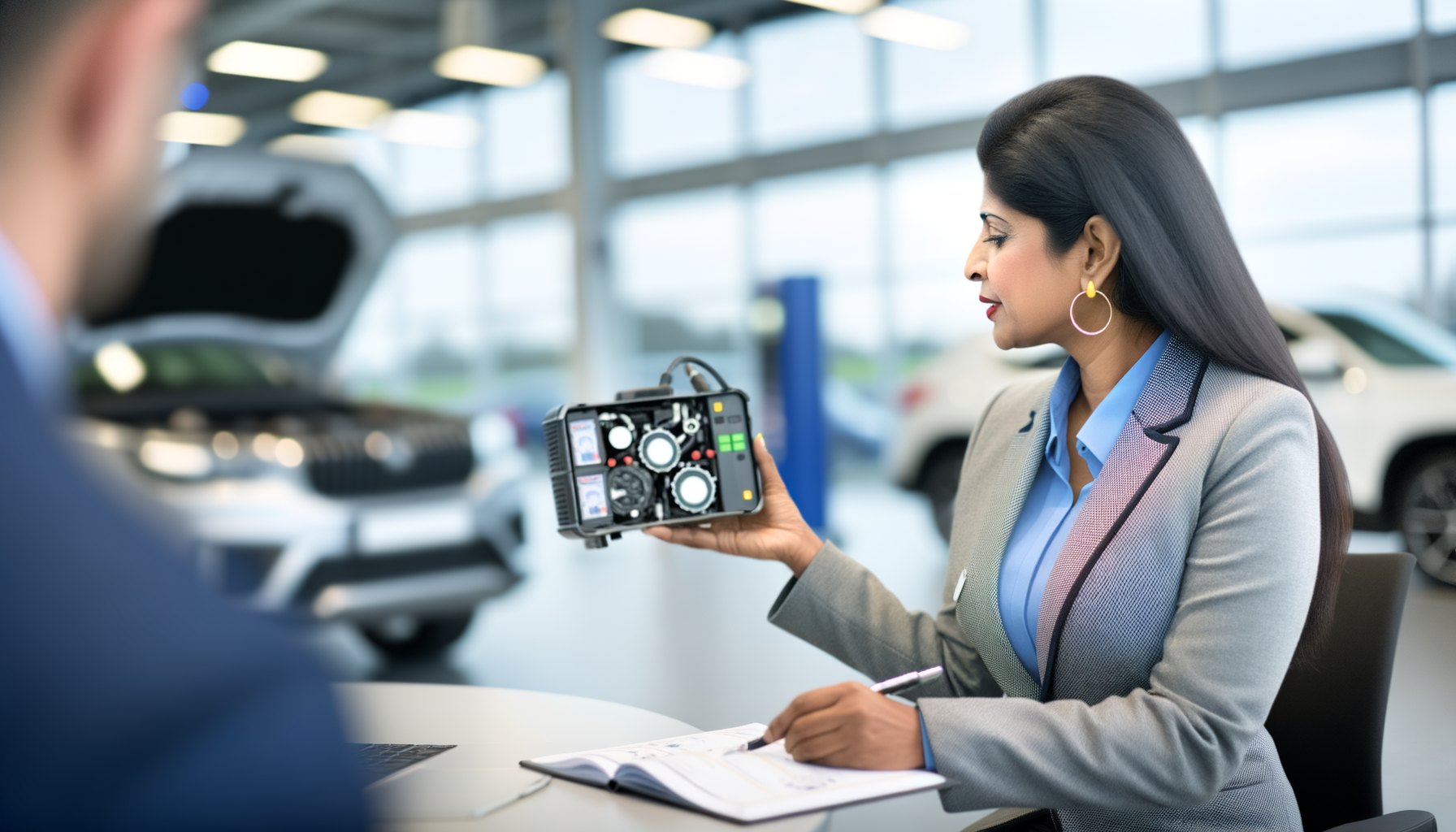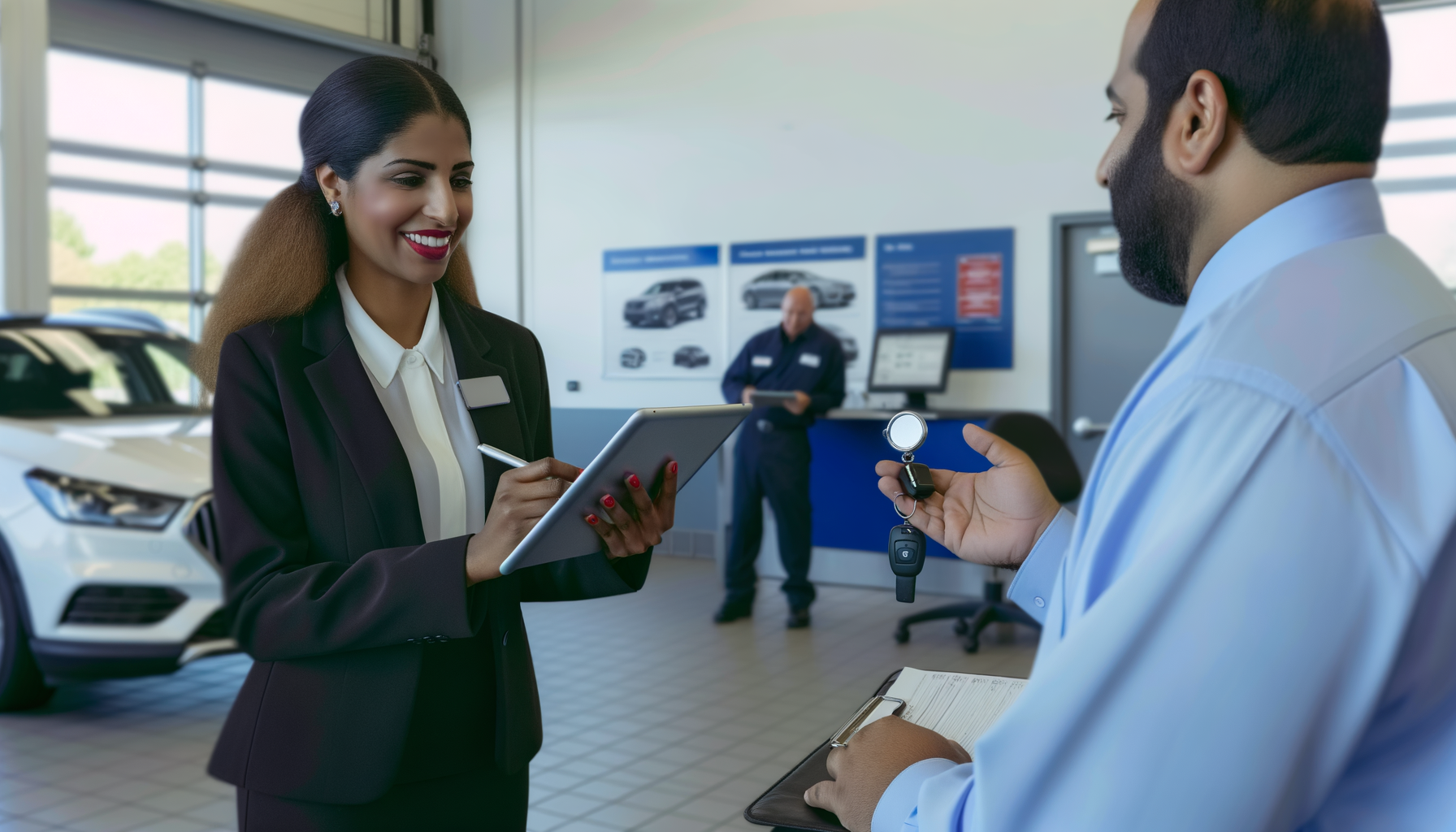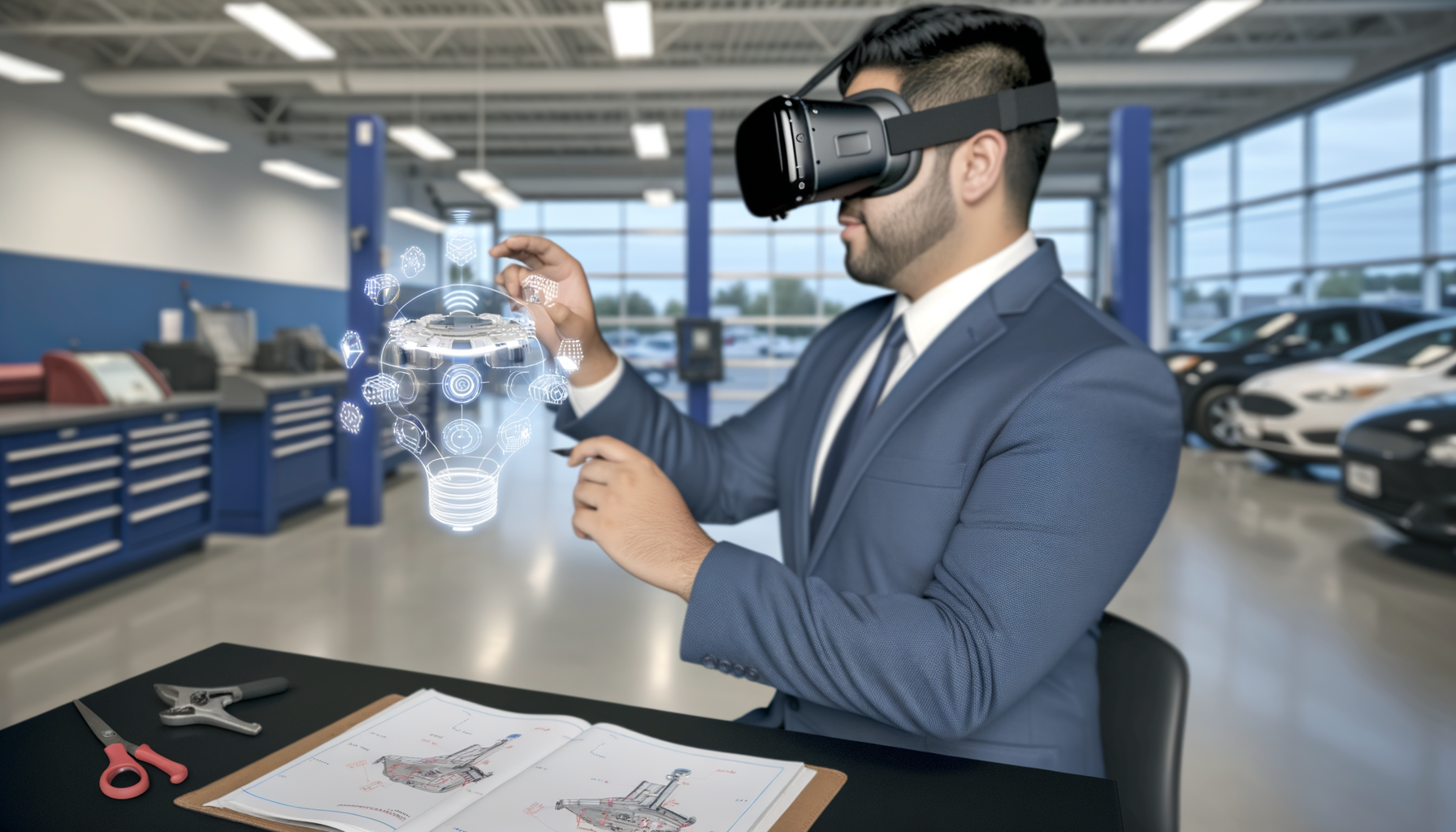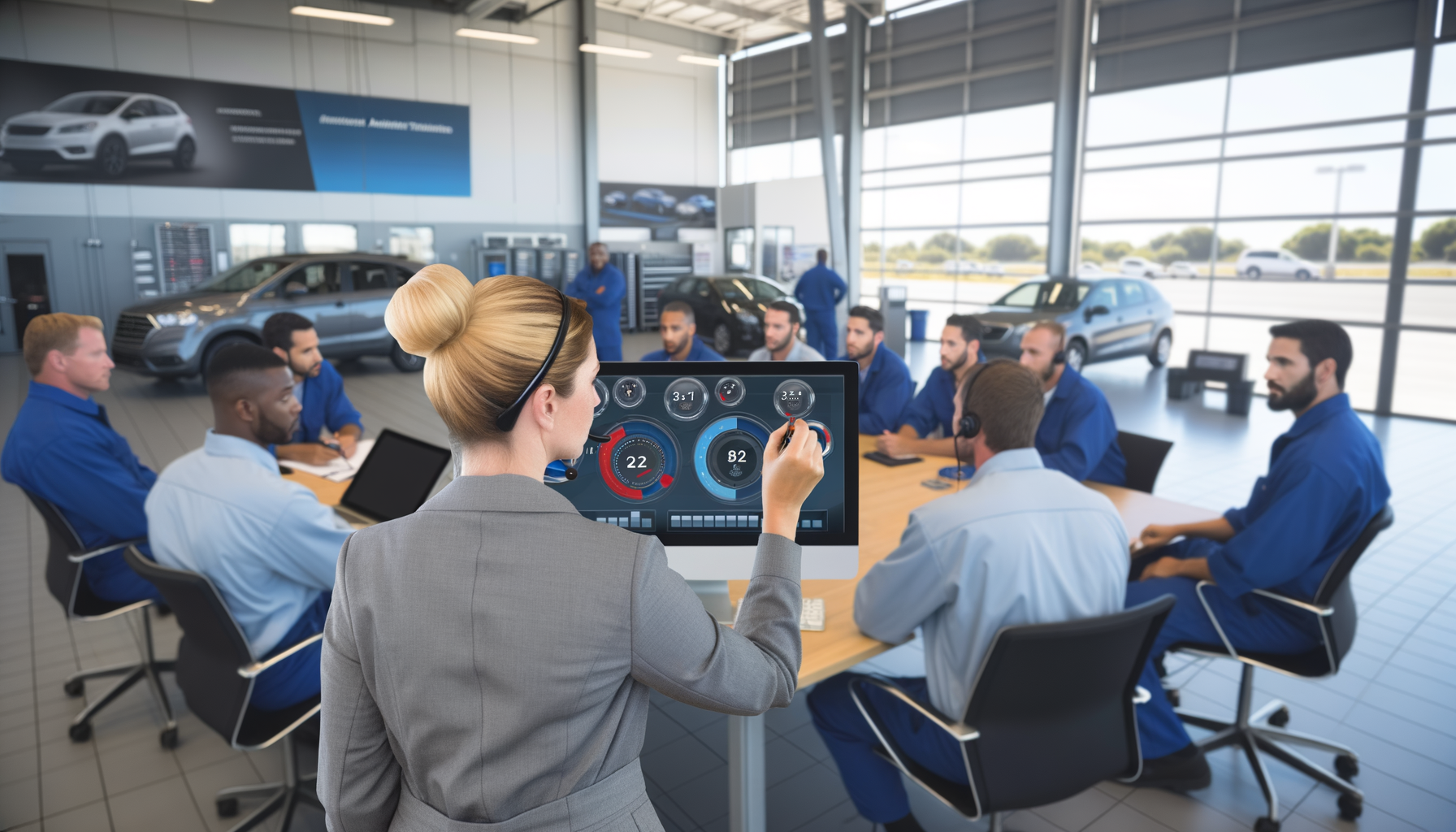Service Symphony: Conducting a Harmonious Team for Peak Performance

Understanding the Evolving Role of Service Advisors

The automotive industry has shifted dramatically with new technologies, particularly electric vehicles, which now account for a significant portion of repairs. This shift requires service advisors to not only possess technical knowledge but also to act as liaisons between technicians and customers.
The modern service advisor is expected to seamlessly integrate digital tools to enhance customer experiences. With 68% of customers preferring digital service scheduling, the expectation for digital fluency has never been higher.
To adapt, service departments must redefine the role of service advisors, emphasizing continuous learning and adaptability. Step one is fostering a culture that embraces ongoing education and technological proficiency.
Crafting a Robust Training Framework

A structured training program is vital. Start by assessing current advisor competencies using tools like 360-degree feedback and performance analytics.
Develop training modules that cover both soft skills and technical knowledge, tailored to individual learning styles to enhance engagement and retention.
Implement a blended learning strategy, combining e-learning, in-person workshops, and role-playing scenarios. This holistic approach ensures comprehensive development across all necessary skill areas.
Leveraging Technology for Training Optimization

Modern training programs benefit greatly from technology. Utilize data analytics to tailor training paths and monitor progress. Software like Auto Pro Solutions offers robust analytics features to track advisor development in real-time.
Consider virtual reality (VR) simulations for immersive training experiences. These simulations can replicate complex service scenarios, providing advisors with hands-on experience without resource constraints.
Implement an LMS (Learning Management System) to streamline training delivery, allowing for consistent updates and easy access to resources.
Implementing Effective Communication Techniques

Effective communication is the cornerstone of a successful service department. Service advisors must convey complex technical information in a manner that is understandable and reassuring to clients.
Develop scripts for common scenarios, but encourage personalization to ensure authenticity. Training should focus on active listening and empathy to address customer concerns genuinely.
Role-playing exercises can be instrumental in honing these skills, enabling advisors to practice responses to difficult situations in a controlled environment.
Mastering Upselling with Integrity

Upselling is an art that, when done with integrity, can enhance customer satisfaction and increase revenue. Advisors should focus on value-based selling, highlighting genuine benefits to the customer.
Train advisors to identify opportunities for upselling by understanding customer needs and vehicle history. This approach ensures recommendations are personalized and relevant.
Regularly review upselling performance metrics to identify training gaps and successes. Encourage advisors to share success stories within the team to foster a learning culture.
Measuring Success: KPIs and Analytics

Key Performance Indicators (KPIs) are essential in measuring the effectiveness of your training programs. Common KPIs include customer satisfaction scores, conversion rates, and average transaction value.
Leverage advanced analytics to gain insights into advisor performance trends and training ROI. Tools like Auto Pro Solutions can provide dashboards that visualize these metrics clearly.
Regularly review and adjust KPIs to align with evolving business goals and market conditions. This dynamic approach ensures continuous improvement in service advisor performance.
Overcoming Common Training Challenges

One of the biggest challenges in service advisor training is maintaining consistency amid high staff turnover. Establish a mentorship program where experienced advisors support new hires, fostering a supportive learning environment.
Parts shortages and increased EV-related repairs require adaptive training strategies. Keep training material current and relevant to address these industry-specific challenges.
Encourage continuous feedback from advisors to improve training methods and materials. This iterative process ensures that training remains aligned with real-world demands.
Related Topics
Ready to take your service department to the next level?
Schedule your demo today and experience the power of Auto Pro Solutions.
Schedule Demo